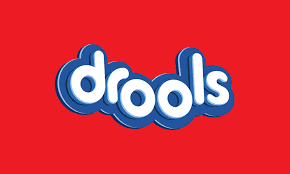 11.What is Business Rules Manager?
11.What is Business Rules Manager?
Business Rules Manager is a centralized repository for the Drools knowledge bases and has rich web based Graphical User Interface as well as tools and editors to manage large numbers of rules.
12.What is meant by Drools Guvnor and Drools Expert?
Drools Guvnor is the Business Rules Manager and Drools Expert is the Business Rules Engine.
13.What is Drools Flow?
Drools Flow or process or workflow as it is variedly called, provides the workflow as well as business processes.
14.What is the tool for managing complex event processing in Drools?
It is the Drools Fusion that is used for event processing as well as temporal reasoning.
15.What is meant by Drools Planner?
Drools Planner or automated planning optimizes the process including the NP-hard planning problems.
16.What is the purpose of dialect in Drools?
Dialect or mve1 points to the Getter and Setters of the variables of plain old Java objects (POJO). Dialect “java” is used for writing Java code in the rules.
17.What is the restriction in using Java code?
User cannot use Java code inside “when” part of the rules. However, it can be use in the “then” part.
18.What is the reason for putting $ symbol before the variables?
The objective of putting $ symbol before the variables is to ensure the difference between variables of POJO classes and Rules.
19.What is provided by Drools?
Drools provides core Business Rules Engine (BRE) and Web Authoring and Rules Management Application (Drools Workbench) as well as the Eclipse IDE plugin for core developments.
20.What are Drool Workbench, Expert, and Fusion?
Drools Workbench is the web user interface for authoring and management. Drools Expert is the business rule engine and Drools Fusion is the complex event processing feature.